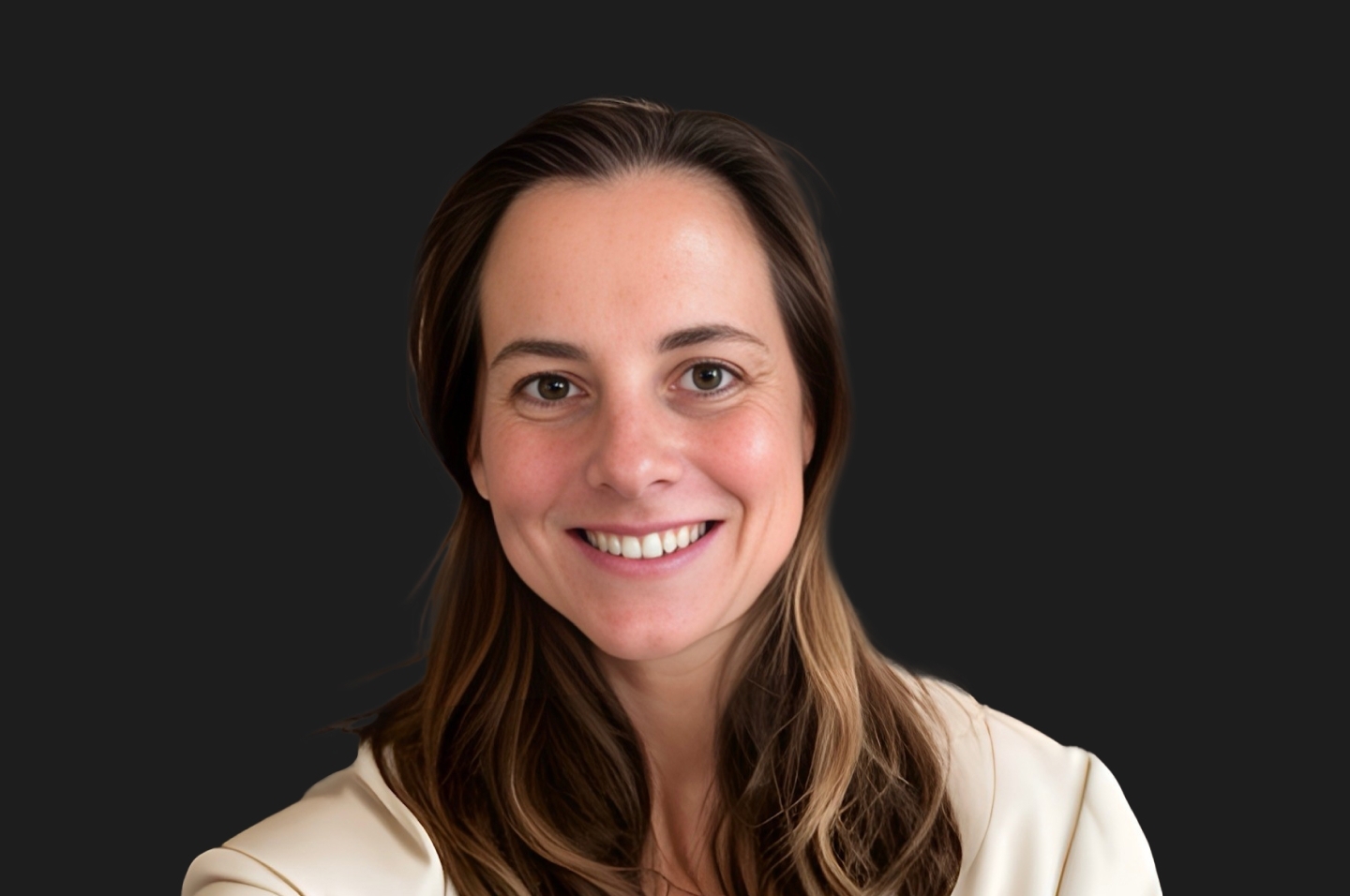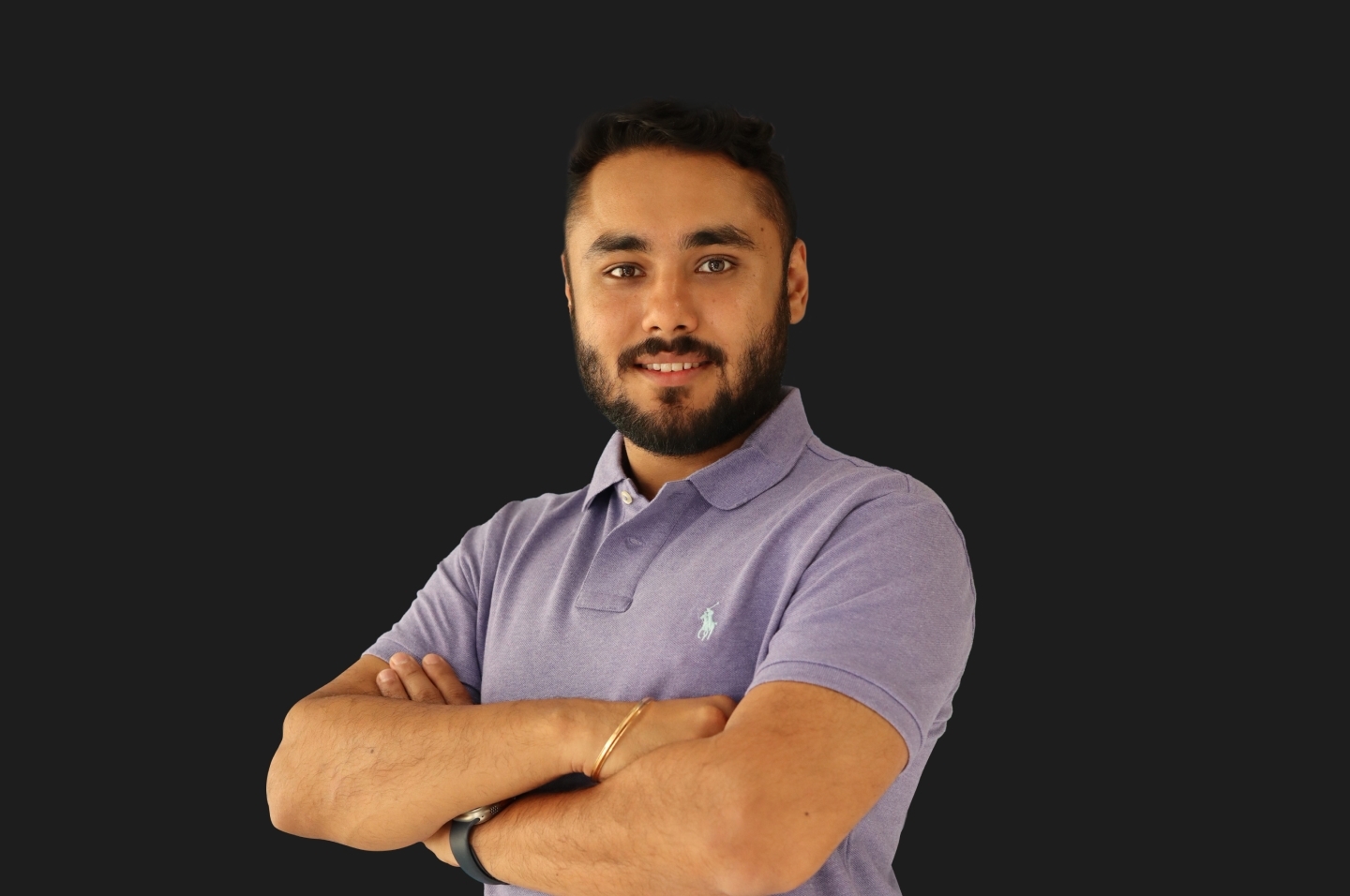
Sian-lee Bryson
New to Stake, Sian-lee Bryson takes an extremely analytical approach to investing, using a spreadsheet to evaluate stocks.
Occupation: Product Lead - Marketing Technology
Location: Sydney
Hobbies: Learning about finances and investing; going to the beach; exercising; being a horror movie buff.
Age: 34
How long have you been investing?
Since 2017. My initial focus was on cryptocurrency as it was really starting to take off. During this time, I learned a lot about technical analysis and the psychology of investing (with prices fluctuating so much).
It wasn’t until the second half of last year that I pivoted more seriously to stocks to help plan for my future - using Stake to make my first purchase.
You could say that starting with crypto helped to put me in a better position when it comes to riding through the smaller waves and stability that come with the stock market.
What was your first investment on Stake?
Dexus ($DXS). I was new to stocks, but I already had my plan in place. I bought Dexus because it’s a Real Estate Investment Trust (REIT). REITs work by owning buildings that they lease out to long-term tenants. The income that REITs generate contributes towards the dividends given to shareholders. And given that interest rates were so high last year, it felt like a perfect time to invest in REITs because the prices were low in comparison to usual.
Being a millennial, it’s extremely hard to save up for that first house. So I figured that instead of trying to save money for a deposit in a bank account to then use to buy an investment property, which I would receive passive income from (with the risk of the tenants mistreating the home), I could earn passive income the same way by using REITs. And by having someone else manage the properties, get the rent and pay me the passive income without me needing to manage tenants or anything else, it’s perfect!
Define your investing style.
I’m a very analytical person and tend to over analyse everything. And my investing style is much the same.
I have a spreadsheet I’ve created where I analyse numbers in about 25 categories. These include things like earnings per share, where I’m looking to see if it’s increased over the last three to five years, and the price to earnings ratio, where I’m personally checking if it’s above 30, which is high by historical standards. When this is done, I give each stock a number value based on how many boxes they’ve ticked.
Then I approach my selections like picking a football team – who is going to make the cut? Who is the best performer? But realising that you don’t always need an entire team to win a championship, you can start with a few selections of just your star players.
So I pick what appear to be the best stocks to invest in based on my analysis and go from there. I learned this method from Ashley Fox, a former Wall St analyst who is my finance idol.
What’s in your Stake portfolio right now?
Global Net Lease ($GNL) – my big hitter. This was my first venture into Wall St as I realised the S&P 500 Index showed more gains compared to the Australian market. GNL is a REIT that has more than 1300 properties in 11 countries with a 96% occupancy rate and has tenants like FedEx ($FDX).
Dexus ($DXS) – I know a few buildings around Sydney that are owned by Dexus, and while the bigger Australian REITs were comparable in terms of the results of my analysis, there was something about this company that sat well with me. They own a mix of office, industrial, healthcare, retail and infrastructure assets.
How are your returns so far?
Since I’ve only started with Stake within the last five months, the returns haven’t been massive just yet. Interest rates are still high so I’m expecting my investments will start coming up more green as rates start to ease this year. For REITs, or when investing in dividend stocks, I’m not expecting excessive growth, but targeting a more stable dividend. Overall, this doesn’t stop me from purchasing shares while I think they are cheap – like everyone, I’m trying to buy low and sell high!
Any other investments that are not on Stake?
Yes – I own some stocks outside of Stake as I personally find it suits me to track some stocks separately. But Stake is much cleaner and more seamless with a lot of its functions. I particularly like how I can deposit money and buy US stocks in two simple steps and have it completed in one minute.
What are you watching? Why?
The blue-chip tech stocks because they’re sculpting our future, they’re reliable and they continue to have incredible growth. NVIDIA ($NVDA) has skyrocketed recently with good reason because of its advancements within the AI sector, while I’m also watching Apple ($AAPL) and Microsoft ($MSFT).
Do you have a trading or investing role model?
I really love Ashley Fox (who I mentioned earlier). She was a Wall St analyst, but now runs a business called Empify that has a Wealth Builders Community. They focus on teaching you all about investing and finances.
I used to be so scared to invest in stocks. I didn’t know where to start or what a brokerage account was. And it wasn’t until I discovered her on Instagram that everything just fell into place. I only wish I’d found her sooner.
What’s a piece of advice you’d give a newbie?
Don’t be afraid to start investing ASAP. And don’t postpone it! The one thing I wish I’d learned in school was how to invest.
I view getting into investing as like having another super fund – but you are the manager and you control what stocks are chosen.
Start small – but just be consistent. One year you could invest $20 a week and buy fractional shares of a company. Then each year you could increase that amount. Think of it as a long-term game over five to 10 years.
I’d say if you’re unsure of what stocks to choose, then you can always start with exchange-traded funds (ETFs), which hold a diversified portfolio of assets and track the performance of a specific index, sector, commodity or asset class.
I think Robert Kiyosaki really nails it when he says “pay yourself first” in his book Rich Dad Poor Dad. He says you should put money aside first into something that could bring you a more secure future (ie. stocks, property, etc.) and everything else after that is secondary. And I think he’s spot on.
What’s one mistake you’ve made and what did you learn from it?
Don’t always sell just because the price is down and you don’t think it will go back up, especially if you know you’re in it for the long haul.
Sometimes it’s good to let go of companies that no longer suit the reasons why you invested in them in the first place (e.g. a change in management, a dividend reduction, poor earnings), but do your analysis first.
In my case, I had bought something for $0.60 a share and held a fair amount. I sold it for about $4 a share to pay for AFL grand final tickets. Four years later it had gone up to $80. Richmond won, so it was worth it, but it’d be great if I still owned it.
If you were to buy a US or ASX stock or ETF right now, what would you buy? Why?
Amazon ($AMZN). The company offers multiple services and just doesn’t seem to be slowing down with its innovations. I personally think there is still more room for the stock price to grow.
The personal views in this article do not reflect the views of Stake and do not constitute financial advice. As always please do your own research before investing on Stake. Past performance is not a reliable indicator of future performance.
